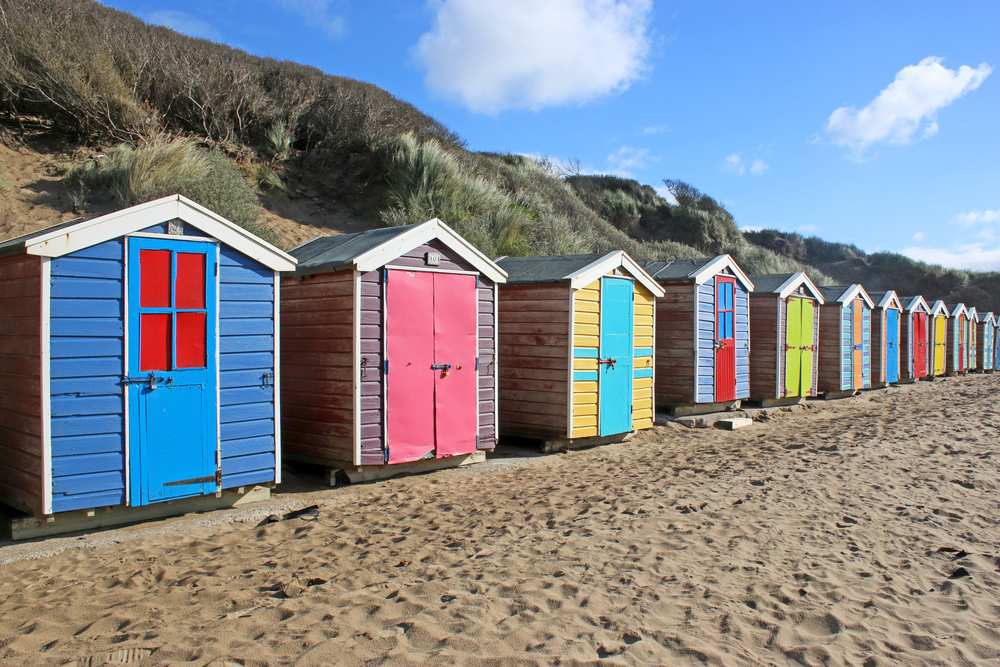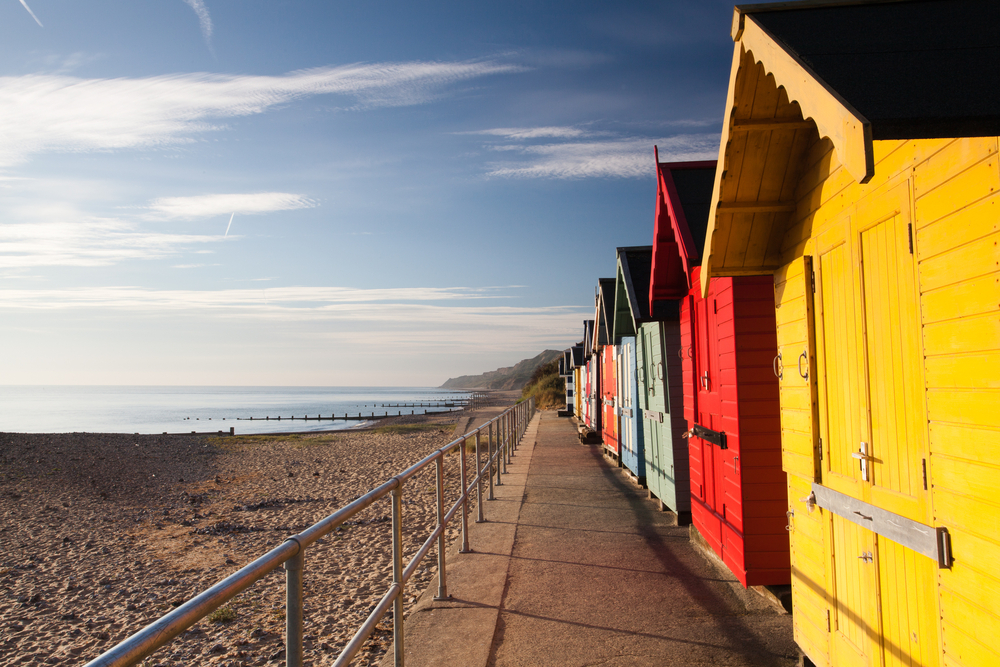If you are involved in any kind of publishing, whether it is books, newspapers, magazines, or digital publishing, then you need specialist insurance to cover you for the unique risks you face in your business.
In this post we will outline the key insurance products that publishers should consider, including:
- Professional indemnity insurance
- Public and employers liability insurance
- Buildings and contents insurance
- Cyber insurance
Professional Indemnity Insurance For Publishers
As a publisher, many people will rely on you for your professional advice and expertise. If any of your clients ever experience financial loss having followed your advice, they may make a claim against you. You may also face claims from others with allegations of:
- Negligence
- Errors or omissions
- Copyright infringement
- Breach of contract
In this case, professional indemnity insurance can cover any legal fees, along with any compensation, that may be due. In this way, you can protect yourself against potentially significant losses, along with reputational damages that may arise as a result of the claim.
Public and Employer’s Liability Insurance
Employer’s liability insurance is a legal obligation if you employ any staff. This will cover your employees for any accidents and injuries they may experience while working for you.
Public liability insurance offers similar cover, but for members of the public who may be visiting your premises – whether they are existing or potential clients, tradespeople, delivery drivers, or others.
Public liability can also cover potential damages to third party property outside of the workplace – such as if you accidentally spill coffee on a client’s computer while visiting their premises, or you accidentally injure an attendee at a book launch or other event.
Product liability insurance may also be cover publishers wish to get, which could cover the costs associated with product recalls due to printing errors and other mistakes.
Buildings and Contents Insurance For Publishers
Buildings insurance can cover your business premises for damages caused by fire, theft, flood, vandalism, and more.
Contents insurance can cover your fixtures, fittings, and furniture for such losses, along with the equipment you use to do your job, including your laptops and smartphones.
If an incident such as a fire or a flood temporarily prevents you from operating your publishing business, then business interruption insurance can cover all of your overheads until you are able to get back on your feet.
Cyber Insurance For Publishers
Cybercrime is a real risk for all businesses. A publishing firm might be a prime target for a cyberattack, as cybercriminals know how much sensitive data you store on your systems. Plus, they might think of you as an easy target, as they might think you are unlikely to have taken any steps to secure your systems.
Cyber insurance cannot protect you against a cyberattack, but it can at least help you respond effectively. This specialist insurance can cover all of the costs associated with responding to a data breach, including:
- Recovering your data
- Securing your system
- Notifying any affected third parties
Get Specialist Publishers Insurance From James Hallam
James Hallam is an independent Lloyd’s broker with a dedicated team of experienced insurance professionals who are committed to protecting your publishing business.
We can advise you on all of the risks you face as a professional publisher, and we can help you get the specialist cover you need at a competitive price.
Find out how we can help you today.












